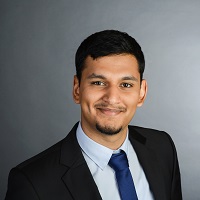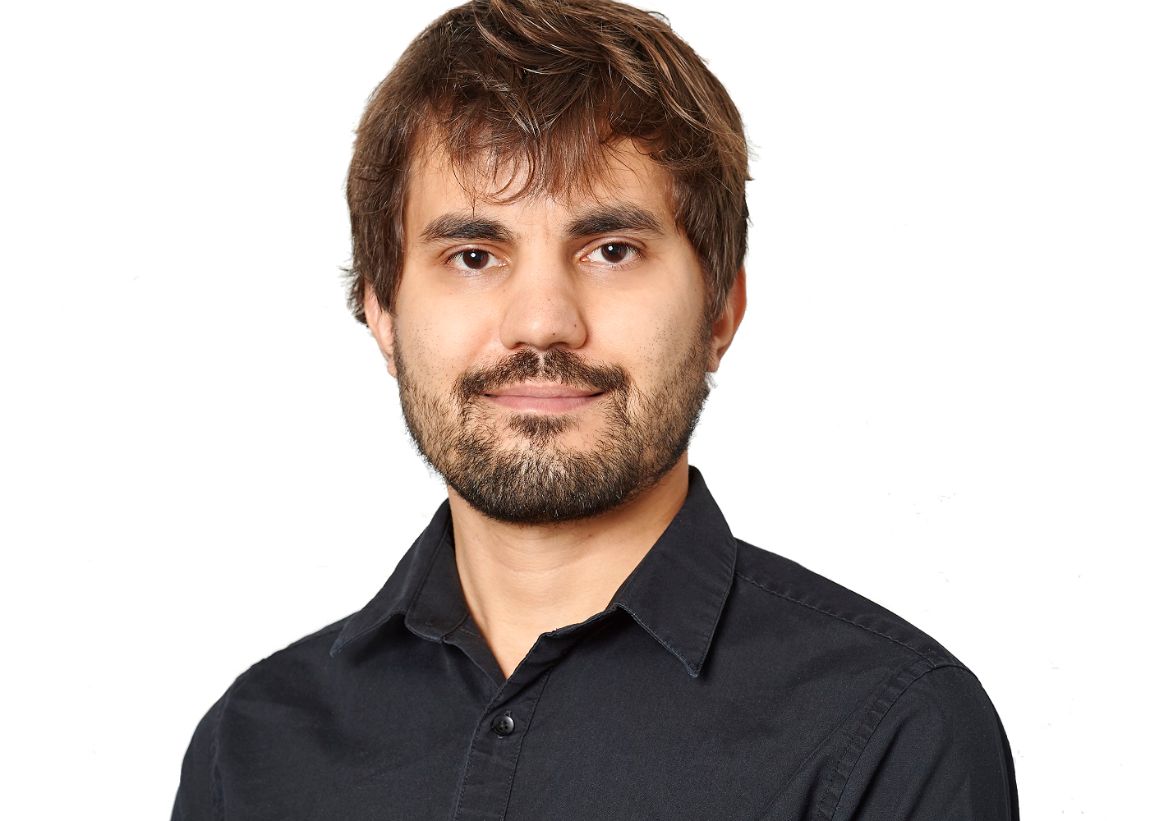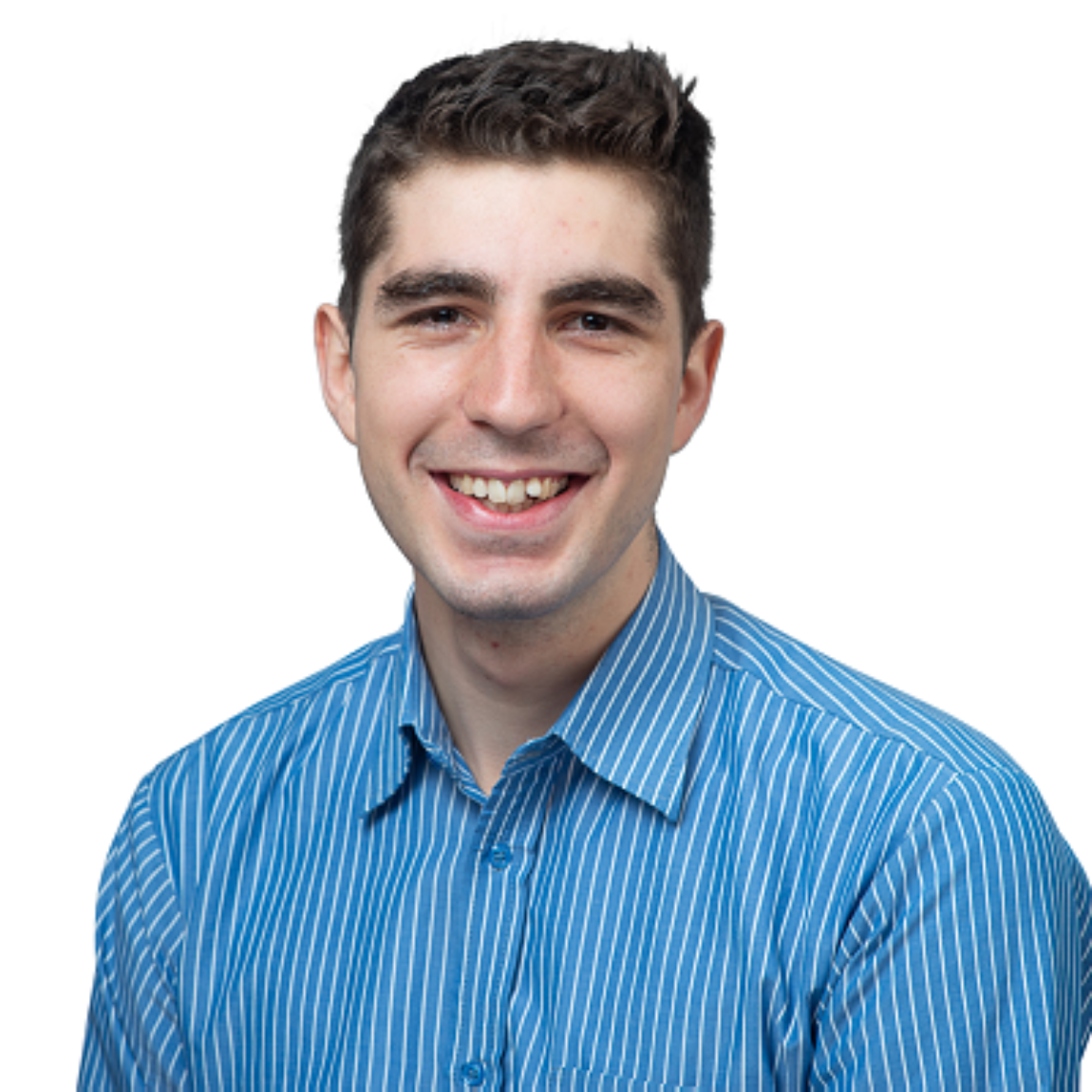Internships
Angst+Pfister offers customized internships with a minimum duration of 5 months. Contact us and let us know, what you would like to do and we will try to make it happen!
Practice-integrated Bachelor's degree (PiBS)
This innovative form of study enables high school graduates to enter the university of applied sciences directly without a 12-month internship. The practice-oriented training in our internationally active company gives you a real connection to the economy, allows you to part-finance your studies and creates an important professional network for you.
You work in our company 3 days a week and study at the Zurich University of Applied Sciences in Winterthur until you graduate with a Bachelor's degree after 4 years. After that, the doors are open to you for a full-time position in our globally active company or for further studies.
We at Angst+Pfister AG have been pioneers in the PiBS programme since its launch in 2015 as an internship partner of the ZHAW and have supported many talented young people in their entry into the professional world over the years. Find out more here!
We offer internships for students of mechanical engineering, electrical engineering, computer science and data science.
 Ati Arain
Ati Arain
"The part-time study in the PiBS model provides the ideal alternation between theory and practical experience in the company. The interaction with the experienced engineers from industry gives me valuable context for both my studies and later working life."
You can find the job openings here:
Start your career at Angst+Pfister now!
Jobs
Testimonials
Ismail
What do you enjoy about your work?
The variety of tasks I deal with makes my work particularly varied and interesting. Not only do I take care of simply maintaining article descriptions and researching new subject areas, but I also solve technical issues, develop custom solutions, provide technical customer support, and plan and execute projects and work. This broad range of activities challenges and motivates me in equal measure.
What do you like about Angst+Pfister Sensors and Power?
I really appreciate the collaboration, independence and trust that is placed in me as an intern. It is great that I am involved in many topics from the very beginning and that my level of knowledge is taken into consideration. This experience motivates me and gives me a direct insight into many different areas of everyday professional life.
Why did you decide to study electrical engineering?
Electrical engineering is an extremely interdisciplinary field. I am particularly fascinated by the connection between the analog and digital worlds, in which electrical engineering plays a crucial role, for example through the use of sensors. This combination has always excited me. The degree opens up a lot of possibilities for me and offers me a wide range of career fields in which I can specialize later.
What is the most fascinating aspect of your work?
The combination of theory and practical application fascinates me immensely. In sensor technology in particular, it's exciting to observe how basic research is directly translated into products and how these products can then be used in various applications. The processes and results of this process never cease to excite me.
What are the advantages of the practice-integrated Bachelor's programme for you?
The practice-integrated degree program offers excellent variety and a good balance between theory and practice. The knowledge acquired in the classroom can be applied directly in the internship, which is a great advantage of this study model.
What is your personal tip for those interested in studying electrical engineering?
If you are unsure about electrical engineering, I would highly recommend the info events at ZHAW. There, the students can give you a good insight into the different topics. When it comes to the PiBS study model, I recommend that you get in touch directly with the PiBS interns. We can give you the best impression of the everyday life of this study model.


Janosch
What do you enjoy about your work?
Different tasks make the work very varied. From direct customer support with technical questions to the implementation of semiconductor production processes to the development of new sensor types, there is a very interesting range of challenges.
What do you like about Angst+Pfister Sensors and Power?
I appreciate the trust that was placed in me as an intern right from the start. I can organise my work very flexibly and have time to work on new topics independently or with experienced engineers. But there is always a real problem to be solved, which motivates me even more.
Why did you decide to study electrical engineering?
Electrical engineering combines aspects of computer science and mechanical engineering, for example software development or the basics of materials science. On the one hand, this allows you to specialise in different directions later on, but it also prepares you ideally for working in interdisciplinary teams and projects.
What is the most fascinating aspect of your work?
For me, the most exciting thing about working as an engineer is always discovering or inventing something new from which - in contrast to basic research - a concrete benefit can be derived directly.
What are the advantages of the practice-integrated Bachelor's programme for you?
Particularly with the part-time model C, the PiBS offers me an ideal mixture of theory and application. Some topics are first worked out theoretically and can then be incorporated into everyday work, while other topics are first confronted practically before the background is then also illuminated in the degree programme. This is made possible by the already very practical structure of the degree programme at the ZHAW.
What is your personal tip for those interested in studying electrical engineering?
At the information events, students also provide information about the respective degree programmes. If you still have doubts about whether electrical engineering is right for you, approach these students. They can best show you the advantages and difficulties of the degree programme and, above all, their enthusiasm for the subject.